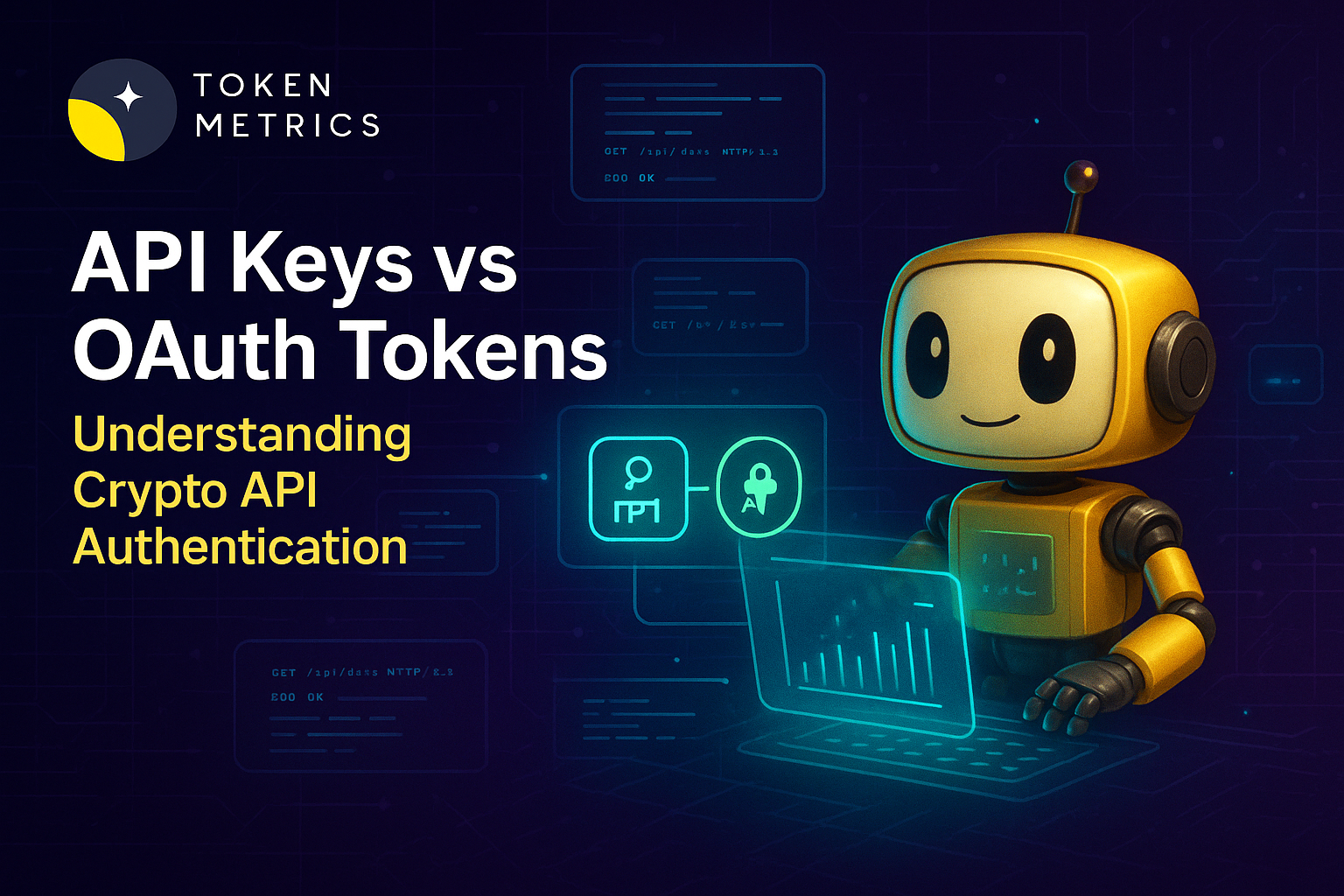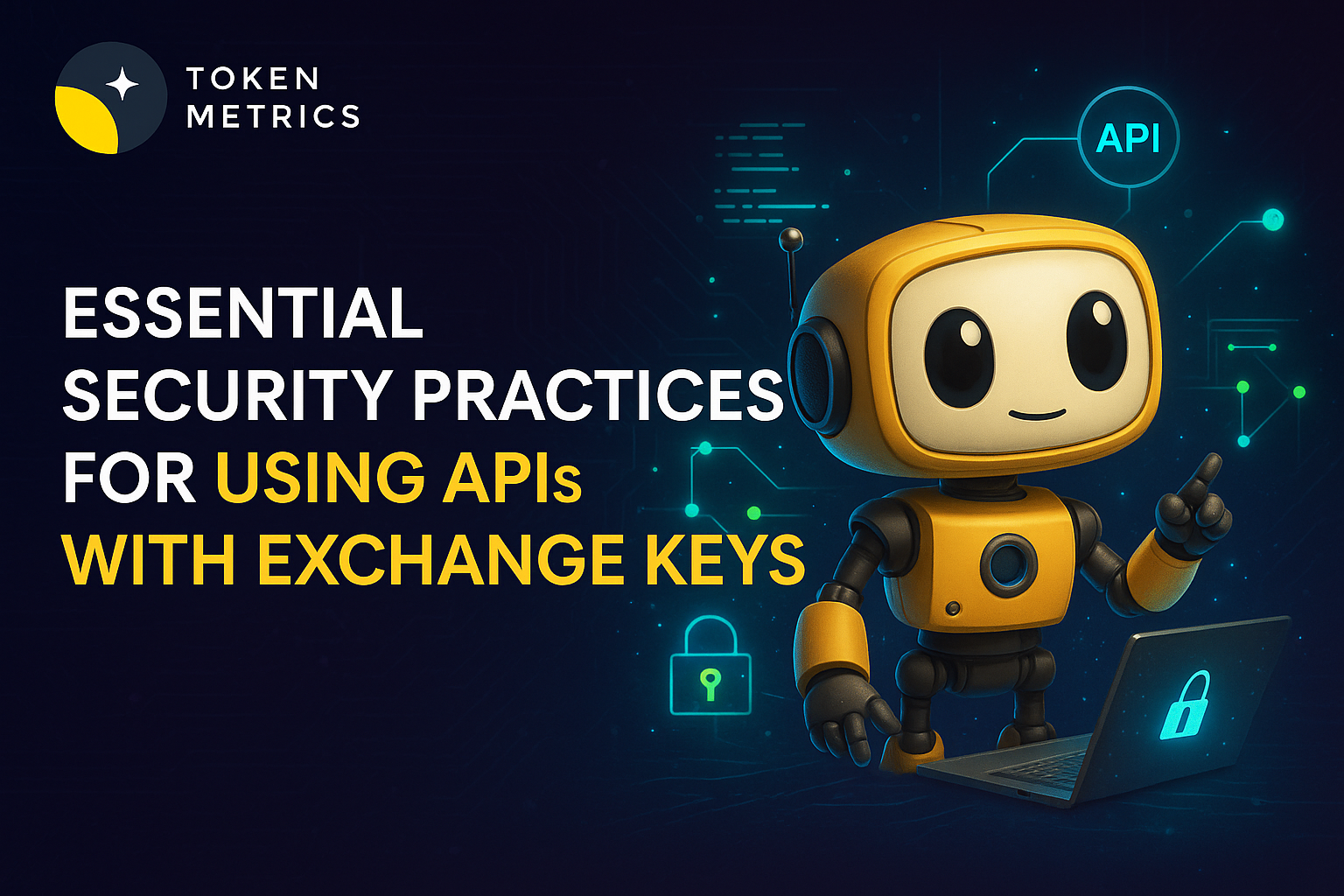Is MetaMask Safe? - Complete Analysis

The world of cryptocurrencies and blockchain technology can be both exciting and daunting. One tool that many crypto enthusiasts have likely come across is MetaMask.
But as with anything in the digital realm, safety is paramount. So, is MetaMask safe to use? Let's dive deep and uncover the facts.
What is MetaMask?
MetaMask is a digital bridge that connects users to the Ethereum blockchain, primarily serving as both an Ethereum wallet and a browser extension.
Pioneering a more accessible approach to blockchain interactions, MetaMask allows users to run Ethereum dApps directly in their browsers without operating a full Ethereum node.
Designed with user-friendliness in mind, it offers a sleek interface where individuals can manage, store, and transfer Ethereum (ETH) and other ERC-20 tokens.
Beyond its basic wallet functions, MetaMask acts as a gateway, providing its users with the means to interact with various decentralized platforms, from DeFi (Decentralized Finance) projects to NFT (Non-Fungible Token) marketplaces, all while ensuring the security and privacy of its users' data and assets.
In essence, MetaMask combines the capabilities of a traditional crypto wallet with the added benefits of seamless browser integration, positioning itself as an essential tool for both novice and seasoned Ethereum enthusiasts.
How Does MetaMask Work?
MetaMask functions as a bridge between your browser and the Ethereum blockchain, embedding a cryptographic wallet directly in your browser.
Upon installation, it prompts users to create a wallet, generating a unique public (address) and private key pair. The public key allows receipt of Ethereum and ERC-20 tokens, while the private key, stored locally, authorizes transactions.
As you navigate supported websites, MetaMask detects and manages blockchain interactions, requesting your confirmation for each action. Transactions are signed using your private key, ensuring it remains confidential.
With its hierarchical deterministic design, multiple Ethereum addresses can be derived from a single seed phrase, streamlining user interactions with the decentralized web.
Is MetaMask Safe?
Yes, MetaMask stands as one of the most recognized tools in the Ethereum ecosystem, and its reputation is anchored in its commitment to user security.
The platform is designed to ensure that users' private keys, which are essential for accessing funds and authorizing transactions, are stored locally on their device, never on centralized servers.
This means the keys remain exclusively in the user's control, significantly reducing the risk of external breaches. Additionally, MetaMask employs end-to-end encryption and provides a unique seed phrase during setup—a set of words that act as a recovery tool, ensuring users can always regain access to their assets.
However, like all digital tools, MetaMask's safety hinges on vigilant user practices, like avoiding phishing sites and routinely backing up their seed phrase.
In essence, while MetaMask offers robust security features, users' behaviors play a pivotal role in ensuring optimal safety.
MetaMask Security Features
MetaMask hasn't gained its widespread reputation without good reason. It boasts several features designed to keep your assets safe:
Local Storage of Private Keys - MetaMask stores users' private keys directly on their device, rather than on centralized servers. By doing so, it significantly reduces the risks associated with hacks or unauthorized breaches, ensuring that users maintain total control over their keys and, by extension, their assets.
Seed Phrase System - Upon wallet creation, users are given a unique set of words known as a seed phrase. This seed phrase is paramount for backup and recovery. Should a user lose access to their MetaMask account or face device issues, the seed phrase serves as the only way to restore access to their assets.
User Confirmation for Transactions - For every action, whether it's a transaction or an interaction with a decentralized application (dApp), MetaMask prompts users for explicit confirmation. This added layer of confirmation acts as a safeguard, preventing any unintentional or malicious transactions from processing without the user's express consent.
End-to-End Encryption - MetaMask employs rigorous encryption standards to ensure that all data and communication within the platform remain private and protected.
This ensures that sensitive information, such as transaction details, remains confidential, safeguarding against potential eavesdropping or interception by malicious actors.
Regular Updates - MetaMask's development team continually rolls out updates to address potential vulnerabilities and improve overall security.
By keeping the platform up-to-date, users are better protected against evolving digital threats and can benefit from enhanced features and improved security protocols.
Benefits of Using MetaMask
MetaMask has emerged as an indispensable tool in the Ethereum and broader blockchain landscape, offering users a myriad of advantages. Here's a look at some of the key benefits:
User-Friendly Interface - MetaMask boasts an intuitive design, making it easy for both beginners and seasoned crypto enthusiasts to navigate and manage their assets.
Direct Browser Integration - As a browser extension, MetaMask offers seamless interaction with decentralized applications (dApps) without needing to leave your browser or run a full Ethereum node.
Compatibility - MetaMask was initially designed for the Ethereum network, yet it also offers connectivity to chains compatible with Ethereum, commonly known as EVM (Ethereum Virtual Machine) chains. This functionality allows users to link to various networks, including Binance Smart Chain, Polygon (formerly Matic), xDai, among others.
Support for Multiple Tokens - Beyond Ethereum (ETH), MetaMask can store and manage a variety of ERC-20 and ERC-721 tokens, offering flexibility and a comprehensive asset management system.
Secure Environment - With local storage of private keys, end-to-end encryption, and a unique seed phrase recovery system, MetaMask emphasizes robust security measures to protect users' assets.
Decentralized Access - MetaMask facilitates a decentralized web experience, granting users access to a vast array of dApps, from games to decentralized finance platforms.
Customizable Gas Fees - Users have the flexibility to adjust gas fees based on their transaction urgency, allowing for cost-effective transfers during less congested network times.
Regularly Updated - MetaMask's team continually rolls out updates, ensuring the platform remains current, secure, and packed with the latest features.
Potential Risks and Concerns
While MetaMask has several commendable safety features, it's crucial to be aware of potential risks:
Phishing Scams: Cybercriminals create fake MetaMask websites or applications. If you input your details here, they could gain access to your funds.
Browser Vulnerabilities: Being a browser extension, MetaMask could be susceptible to browser-related security flaws or vulnerabilities.
Human Error: Losing your seed phrase or mistakenly sending assets to the wrong address can result in irreversible losses. Remember, blockchain transactions are final.
Also Read - Is Ethereum Dead? - Complete Analysis
How to Make MetaMask More Secure?
Enhancing MetaMask security involves several steps:
Backup - Always backup your seed phrase offline in multiple secure locations.
Software - Keep your browser, MetaMask extension, and system software up-to-date.
Phishing - Be cautious of phishing attempts. Always double-check URLs and never provide your seed phrase online.
Additional Layers - Consider hardware wallets or using MetaMask in combination with tools like Ledger or Trezor for added security layers.
What to do if MetaMask is Hacked?
If you suspect your MetaMask has been compromised:
Immediate Action - Transfer funds to a new, secure Ethereum address if possible.
Recovery - Use your seed phrase to restore your wallet on a different, secure device.
Review - Analyze how the breach occurred—was it due to a phishing scam, malware, or some other reason?
Preventive Measures - Implement stronger security measures, like integrating a hardware wallet or regularly reviewing active authorized sites on MetaMask.
Report - Inform the MetaMask team about the incident to potentially get support and to help them be aware of any new vulnerabilities or attack strategies.
Best Practices for MetaMask Safety
In line with Token Metrics' dedication to quality, accuracy, and actionable insights, here are steps you can take to ensure the utmost safety when using MetaMask -
Double-Check URLs - Before entering any information, ensure you're on the official MetaMask platform. Avoid clicking on suspicious links from emails or social media.
Backup Your Seed Phrase - Store your 12-word seed phrase in a secure and offline environment. This is your only recovery option.
Regularly Update - Ensure your MetaMask extension and browser are always up to date. This ensures you're protected with the latest security patches.
Use Hardware Wallets - For added security, especially if you're dealing with significant amounts, consider linking MetaMask with a hardware wallet like Ledger or Trezor.
Beware of Unsolicited Offers - Scammers might reach out with too-good-to-be-true offers or impersonate support. Always be skeptical and never share your seed phrase.
Frequently Asked Questions
Q1. Can I use MetaMask on mobile devices?
Yes, MetaMask offers a mobile application available for both Android and iOS. This app not only serves as a wallet but also as a browser to interact with decentralized applications.
Q2. How do I backup my MetaMask wallet?
It's crucial to backup your seed phrase provided during the wallet's initial setup. Store this phrase securely, as it's the primary method to recover your account in case you lose access.
Q3. Can I import wallets from other services into MetaMask?
Absolutely. MetaMask allows users to import accounts using either their private key or a JSON file, making it easy to consolidate Ethereum-based assets.
Q4. Can I swap tokens directly within MetaMask?
Yes, MetaMask introduced a token swapping feature, allowing users to exchange one token for another directly within the extension, ensuring convenience and security.
Q5. What should I do if I suspect a phishing attack or scam related to MetaMask?
If you come across suspicious activity, immediately avoid providing any personal or wallet details. Report the incident to MetaMask's official channels, and always double-check URLs and sources before entering your credentials.
Q6. Are there alternatives to MetaMask in the market?
While MetaMask is popular, there are several other Ethereum wallet and browser extension options like Trust Wallet, MyEtherWallet, and Coinbase Wallet. Each offers its own features and security protocols, so it's recommended to research based on individual needs.
Q7. Is MetaMask safer than Coinbase?
Both MetaMask and Coinbase prioritize user security, but they function differently. With MetaMask, the user's security depends largely on their practices, like protecting their seed phrase.
In contrast, Coinbase users rely on the platform's security measures and insurances. Neither is inherently "safer"; it's more about where users feel more comfortable placing their trust and how they manage security on their end.
Q8. Is storing on MetaMask safe?
Yes, storing assets on MetaMask is considered safe due to its decentralized nature and local storage of private keys. However, its security is also contingent on the user's practices. It's vital to ensure that the seed phrase is stored securely offline, avoid phishing sites, and ensure the device on which MetaMask is installed remains secure.
The Bottom Line
MetaMask, in its essence, offers robust security features designed to protect its users. However, like many digital tools, its safety also largely depends on user practices. By staying informed and following recommended safety protocols, you can enjoy the functionalities of MetaMask with peace of mind.
Remember, the crypto world is still relatively young, and while tools like MetaMask bring immense convenience, they also come with responsibilities. Stay vigilant, stay informed, and always prioritize your digital safety.
Disclaimer
The information provided on this website does not constitute investment advice, financial advice, trading advice, or any other sort of advice and you should not treat any of the website's content as such.
Token Metrics does not recommend that any cryptocurrency should be bought, sold, or held by you. Do conduct your own due diligence and consult your financial advisor before making any investment decisions.
Create Your Free Token Metrics Account

.png)




%201.svg)
%201.svg)


%201.svg)










.svg)




.png)